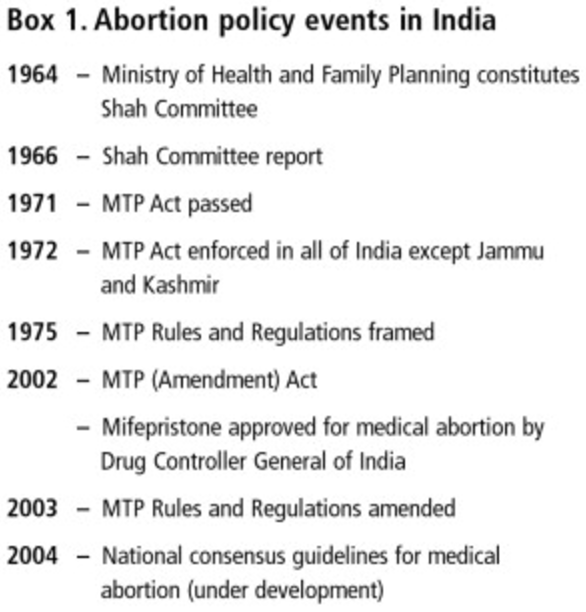Introduction
India’s abortion laws have evolved significantly since the introduction of the Medical Termination of Pregnancy (MTP) Act, 1971, which marked a progressive shift from the restrictive provisions under the Indian Penal Code (IPC), 1860. The MTP Act aims to balance public health concerns, humanitarian considerations, and individual rights.

Key Objectives of the MTP Act
- Health: To ensure access to medical care for safe abortions.
- Humanitarian Grounds: To support women in cases of rape, incest, or unwanted pregnancies.
- Eugenic Grounds: To permit abortions when the fetus has severe physical or mental abnormalities.
Conditions for Legal Abortion
Under the MTP Act, a pregnancy can be terminated by a registered medical practitioner if:
- Continuing the pregnancy poses a risk to the woman’s physical or mental health.
- There is a substantial risk that the child would suffer from severe physical or mental abnormalities.
- The pregnancy resulted from rape.
- The pregnancy occurred due to contraceptive failure (earlier limited to married women).
Initially, abortions were allowed up to 20 weeks, with the approval of: - One doctor for pregnancies within 12 weeks.
- Two doctors for pregnancies between 12 and 20 weeks.
Also Read: Khap Panchayats: Tradition vs. Constitutional Values
The 2021 Amendment to the MTP Act
The Medical Termination of Pregnancy (Amendment) Act, 2021 addressed gaps in the 1971 law, ensuring broader access to abortion and reducing maternal mortality due to unsafe procedures.
Key Features of the 2021 Amendment
- Extended Gestational Limit: Abortions are now permitted up to 24 weeks for vulnerable categories such as:
- Rape survivors.
- Victims of incest.
- Minors.
- Differently-abled women.
- Inclusive Language: The amendment replaced “any married woman or her husband” with “any woman or her partner,” recognising pregnancies outside marriage.
- Medical Boards: A Medical Board comprising specialists approves abortions beyond 24 weeks in cases of fetal abnormalities.
- Confidentiality: Information about women undergoing abortion must remain confidential and can only be disclosed to authorised persons.
Constitutional Backing for Abortion Rights
While India’s Constitution does not explicitly address abortion, the Supreme Court has interpreted the Right to Life under Article 21 to include reproductive autonomy. This ensures women have the right to make decisions about their own bodies, including the choice to terminate a pregnancy.
Landmark Cases Shaping Abortion Laws
- Suchita Srivastava v. Chandigarh Administration (2009): Recognised a woman’s right to make reproductive choices as part of personal liberty under Article 21.
- Meera Santosh Pal v. Union of India (2017): Allowed abortion at 24 weeks due to fetal abnormalities, reinforcing the importance of bodily autonomy.
- X v. Principal Secretary, Health and Family Welfare Department (2022): Removed the distinction between married and unmarried women, ensuring equal abortion rights for all.
FAQs
1. What is the gestational limit for abortion under the MTP Act, 2021?
Abortions are permitted up to 24 weeks for specific categories of women, such as rape survivors, minors, and differently-abled individuals. For abortions beyond 24 weeks due to fetal abnormalities, Medical Board approval is required.
2. Does the MTP Act allow abortions for unmarried women?
Yes, the 2021 amendment replaced the term “any married woman or her husband” with “any woman or her partner,” ensuring abortion rights for unmarried women.
3. Is confidentiality guaranteed under the MTP Act?
Yes, the law mandates strict confidentiality. Information about a woman undergoing an abortion cannot be disclosed unless authorised by law.
Conclusion
India’s abortion laws, guided by the MTP Act, have evolved to safeguard women’s health and reproductive autonomy. The 2021 amendment is a step forward in aligning with global standards and ensuring access to safe and legal abortion. However, challenges like societal stigma and limited healthcare access must be addressed to further protect women’s rights and well-being.
Reference: scoobserver.in